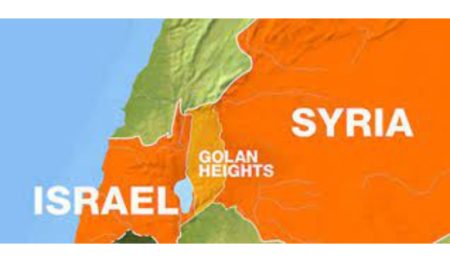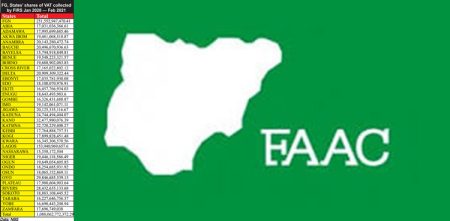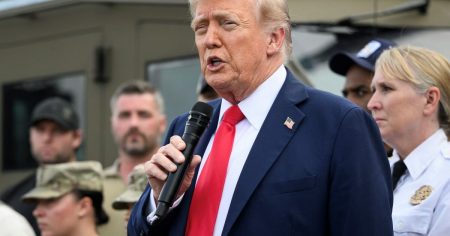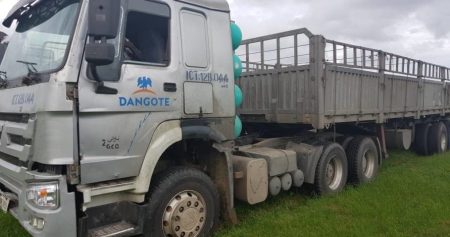The recent by-election rerun in Ablekuma North, marred by violence and disruptions, has sparked comparisons to the 2019 Ayawaso West Wuogon by-election, another incident notorious for its violent clashes. However, Eric Edem Agbana, the Member of Parliament for Ketu North, argues that these two events are fundamentally distinct and should not be equated. While condemning all forms of violence, Agbana asserts that the Ablekuma North incident stemmed from a clash between two political parties, whereas the Ayawaso West Wuogon violence was a state-sponsored act of vigilantism. This crucial difference, he emphasizes, lies at the heart of understanding the nature and implications of each event.
Agbana highlights the critical distinction of state involvement in the Ayawaso West Wuogon violence. He points to the perpetrators being clad in national security uniforms, signifying a direct link to state apparatus. This, he argues, elevates the Ayawaso incident beyond a simple inter-party clash and implicates the state in the perpetration of violence against citizens. In contrast, the Ablekuma North violence, while regrettable, lacked this element of state-sponsored aggression. It involved a confrontation between supporters of opposing political parties, a dynamic, while undesirable, is distinct from the orchestrated violence witnessed in Ayawaso West Wuogon.
The Ablekuma North by-election rerun was necessitated by the inability to certify results from 19 polling stations in the 2024 general elections due to earlier disruptions, including acts of violence. This rerun itself was also plagued by violence, with thugs storming voting centers and attacking individuals, including journalists. Despite these challenges, the election proceeded, and Ewurabena Aubynn of the National Democratic Congress (NDC) emerged victorious. While this rerun successfully concluded, the incidents of violence underscore the fragility of the electoral process and the persistent threat of disruptions.
The Ayawaso West Wuogon by-election in 2019 remains a stark reminder of the potential for violence to undermine democratic processes. The incident, characterized by masked men in national security attire assaulting voters and disrupting the electoral process, triggered widespread condemnation and raised serious concerns about the role of state security forces in political violence. A subsequent commission of inquiry established to investigate the incident highlighted the gravity of the situation and made recommendations to prevent future occurrences. However, the memory of the violence and its implications for Ghana’s democracy continues to resonate.
Agbana’s insistence on differentiating between the Ablekuma North and Ayawaso West Wuogon incidents stems from the need to accurately characterize the nature of electoral violence and hold the appropriate actors accountable. By distinguishing between inter-party clashes and state-sponsored violence, he seeks to prevent the diluting of the seriousness of the Ayawaso incident and ensure that the state’s role in perpetrating violence is not overlooked. This distinction is crucial for addressing the root causes of electoral violence and implementing effective measures to prevent its recurrence.
The violence witnessed in both Ablekuma North and Ayawaso West Wuogon underscores the persistent challenges facing Ghana’s electoral processes. While the circumstances surrounding each incident differ significantly, both highlight the need for stronger mechanisms to ensure peaceful and credible elections. Addressing the issue of political vigilantism, promoting inter-party dialogue, and strengthening the capacity of security forces to maintain order impartially are essential steps towards safeguarding the integrity of Ghana’s democracy. Furthermore, fostering a culture of tolerance and respect for differing political views is crucial for mitigating the risk of violence during electoral periods.














